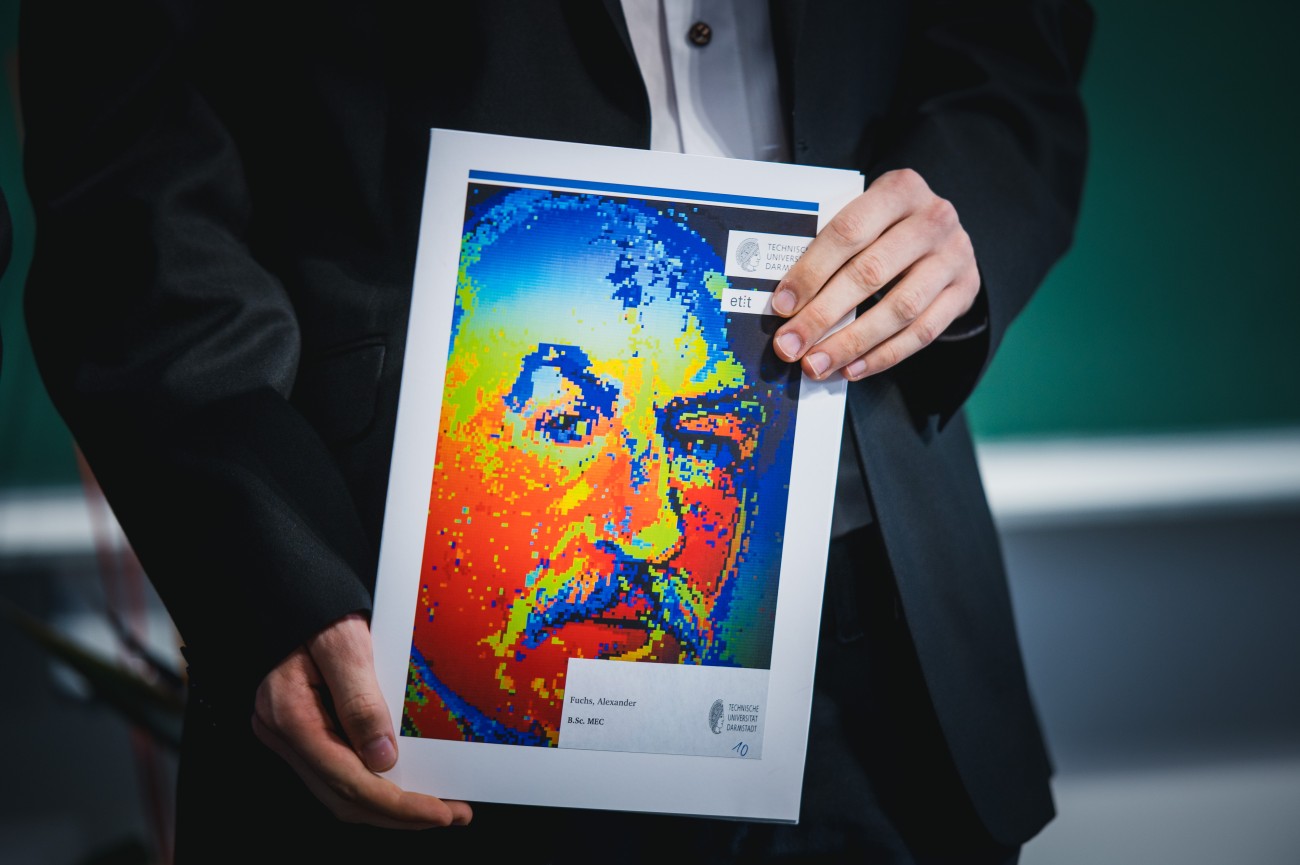Benchmarking of Energy Management Systems with Optimality Baselines
Masterarbeit
An essential topic in energy management systems (EMSs) is benchmarking. It involves the evaluation of controllers of energy systems under various conditions to validate performance, sensitivities, and other critical factors. However, a significant gap in the current state of the art is the absence of a general methodology for such benchmarking [1]. The prevalent practice involves simulation against historical data, typically spanning a calendar year, and comparing a candidate controller against some alternative controller. One reason for the lack of such methodology is the heterogeneity of energy systems, which often necessitates tailor-made solutions and complicates the transfer of approaches and code between systems [1, 2, 3]. Consequently, understanding the benefits and drawbacks of different approaches as reported in literature is difficult.
A closely related challenge can be found in the development process of EMS controllers: Generally, the development process is a tedious and iterative process, which involves simulation against various test scenarios to evaluate controller behavior. This process could be supported by a better benchmarking methodology, by facilitating progress tracking and the selection of relevant test scenarios…
Further information in the attached project proposal (PDF).




